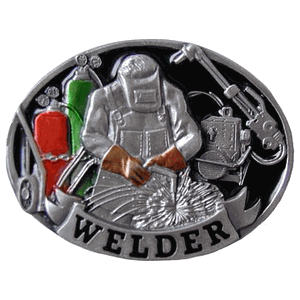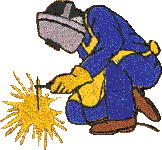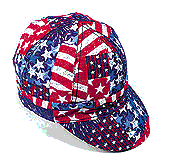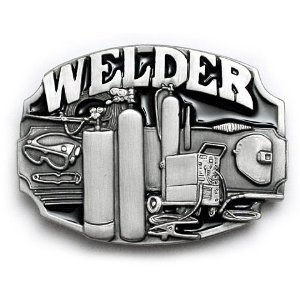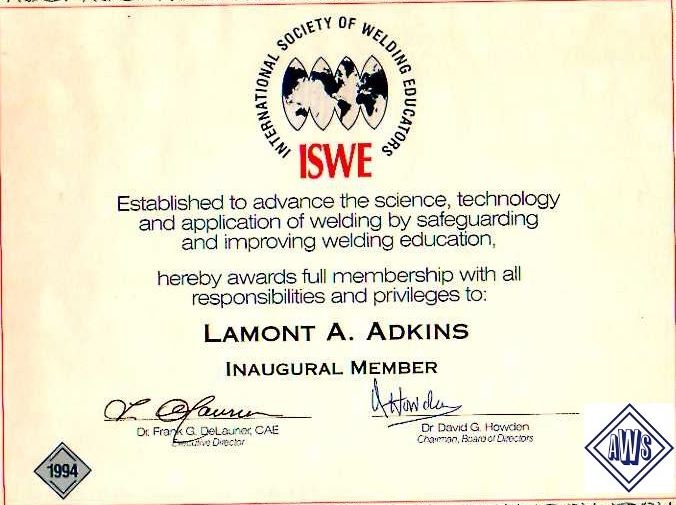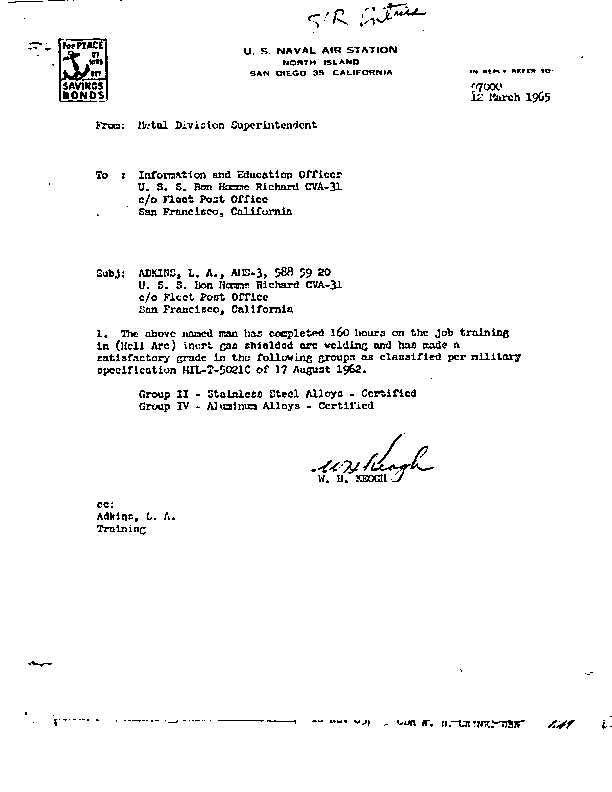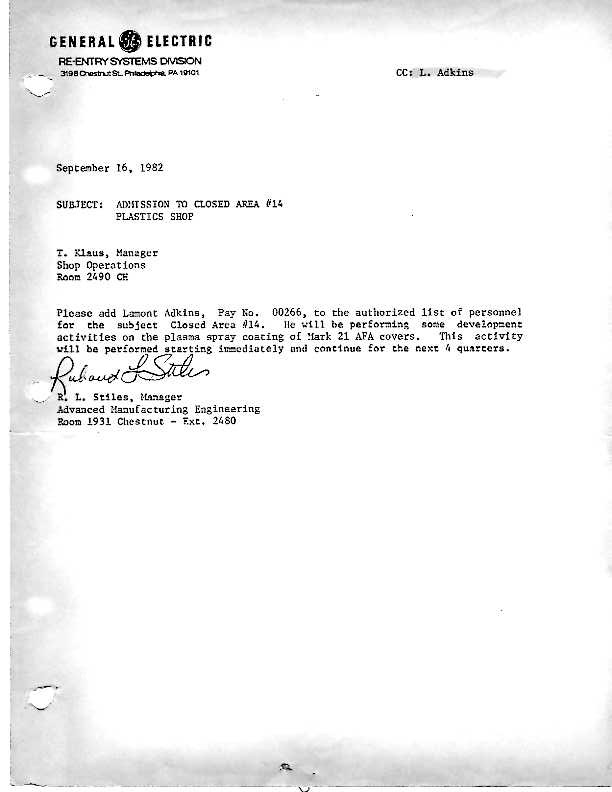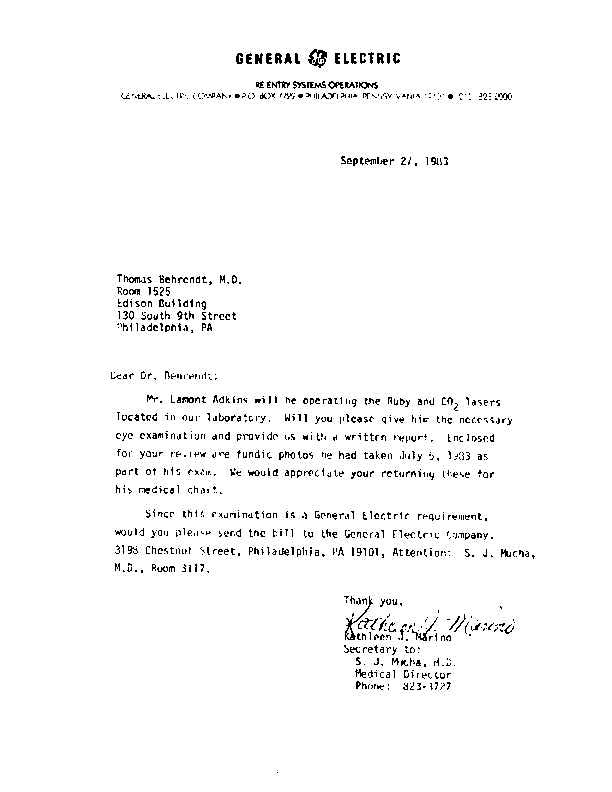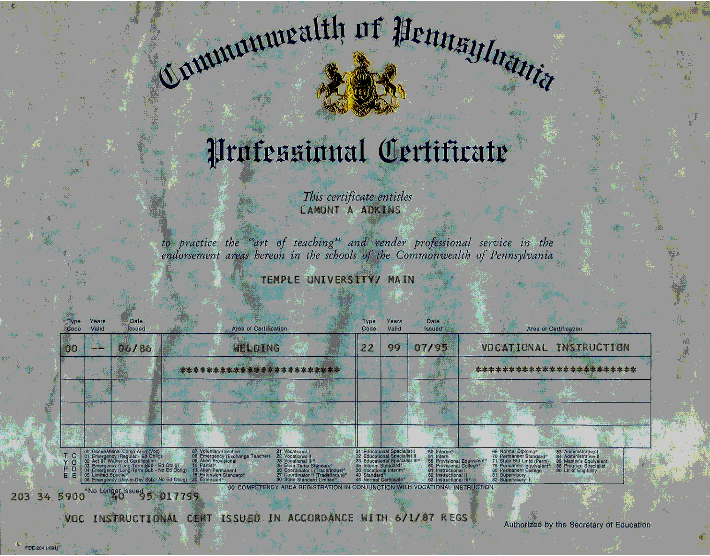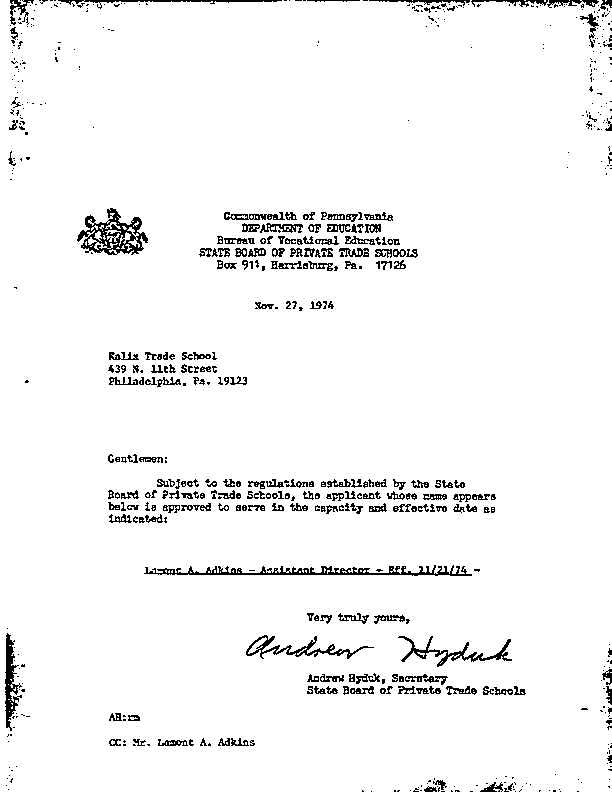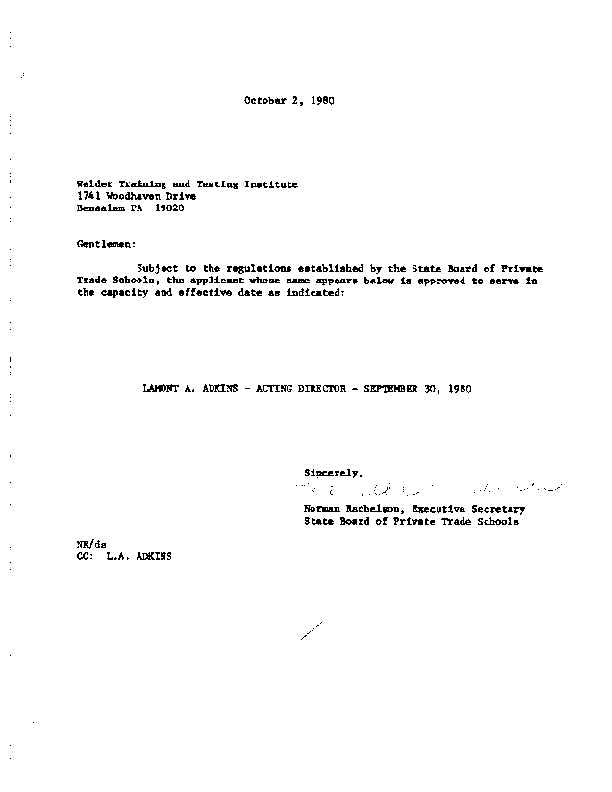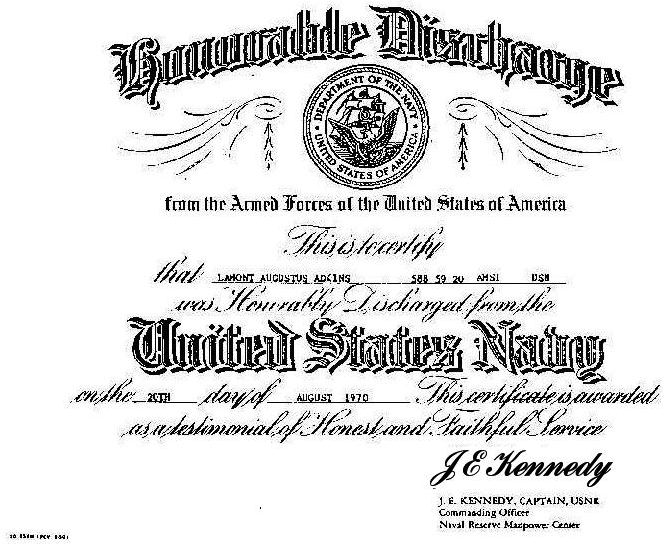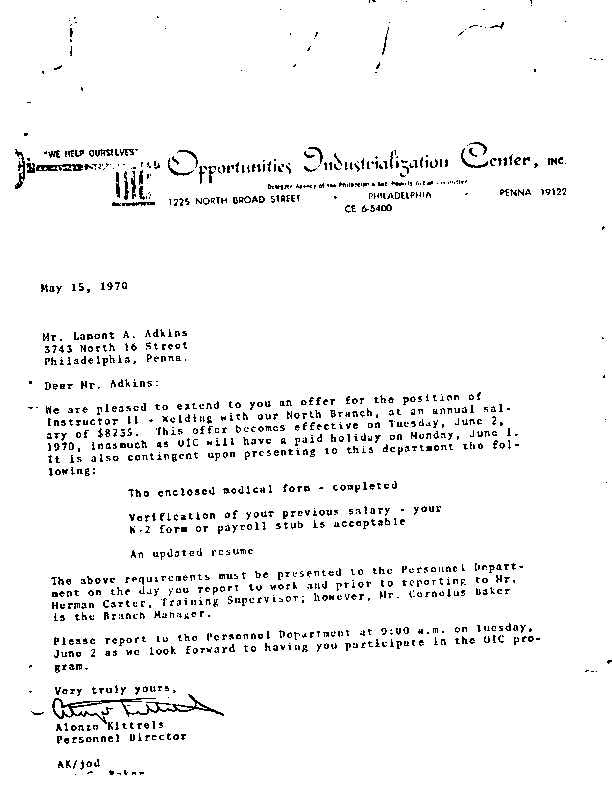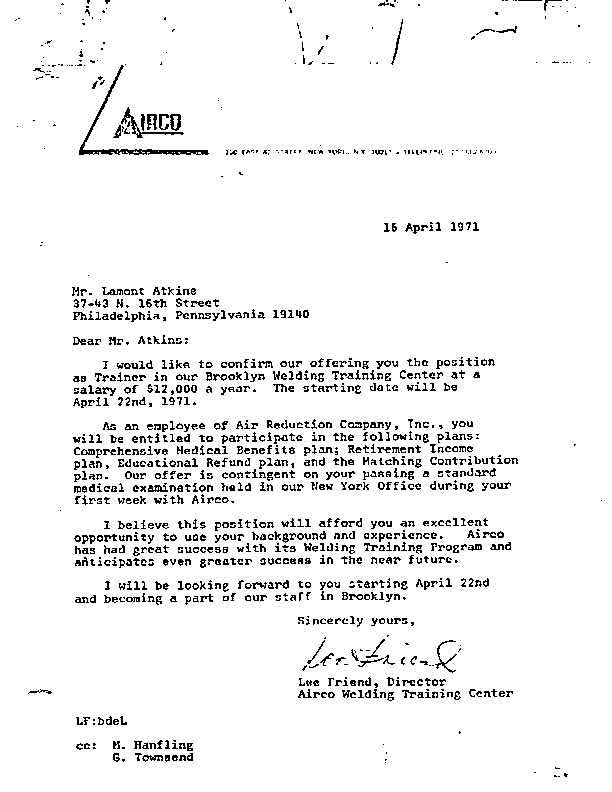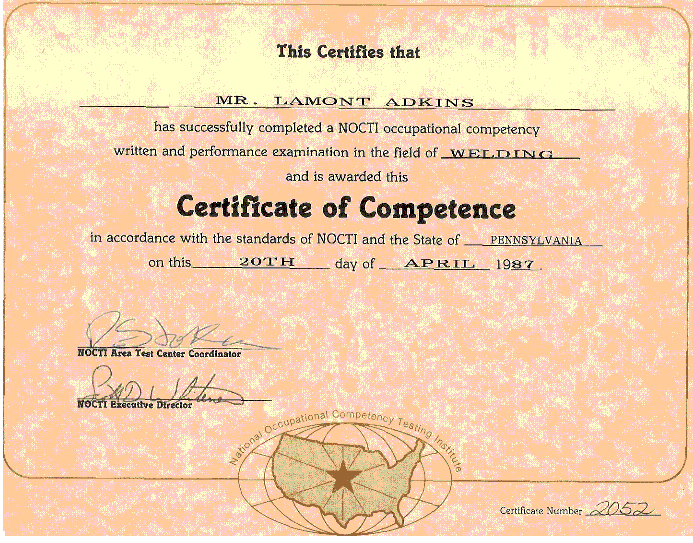![]() 1957
1957 ![]() RETIRED
RETIRED ![]() 2005
2005 ![]()

A BASIC - ENTRY LEVEL - COMPREHENSIVE - INFORMATIONAL - RESOURCE site for:
 the
Science
and
Art
of
WELDING
the
Science
and
Art
of
WELDING

![]()
![]() Standards
for Welding
Standards
for Welding  Resources
for Weldors
Resources
for Weldors
![]()
![]()

![]()
A
WELD
is a homogeneous
bond between two or more pieces of metal, wherein,
the strength
of the welded joint equals or exceeds the strength
of the original base metal *
*;
this is accomplished in part by controlling the
Welding
Process
Variables
and the elimination of welding
defects.
Base plate
- Face plate - Tacked - The weld - Weldment or Entry
Level Welder --- Advanced Level Welder --- Expert Level
Welder Today,
The
skill of
welding
*
is vital in the areas of Commerce,
National
Defense
From
its ancient roots until today, the science and art
of welding has served well both the artisan who
mastered the skill and the culture in which the
craftsman
practiced and applied this skills. Root -
Throat - Leg - Toe - Face Butt -
Corner - Edge - Lap - Tee WELD
TYPES Bead-
Fillet - Groove - Bevel - Plug - Spot FlatFlat
- Horizontal - Vertical - Overhead - 5G horiz. fixed - 6G
45 deg. Reference
line - Arrow - Symbol - Tail - Field weld - Weld all
around Aluminum -
Copper - Cast iron - Steel Sheet -
Pipe - Angle - Beam - Tube - Plate
"WELDING"
may be defined as: "A metal
- joining - process
by the use of heat
to cause coalescence
between two or more pieces of metal. It may be
performed with or without the use of a
filler
metal
and with or without the application of
pressure."
![]()

![]()
Welding
is a job
skill
used within many
trades
to manufacture, construct, produce, fabricate and /
or repair objects of metal. Welding is not a
trade! it
is a skill.
Basically, there are three levels:
These
can be attained by completing an
intensive
training
and certification
program.
![]() ,
Aerospace
Video,
Shipbuilding,
Transportation,
Building
and Bridge
Construction,
Commercial Equipment, Industrial Apparatus and
Ornamental
Iron & Fabrication
Shops.
,
Aerospace
Video,
Shipbuilding,
Transportation,
Building
and Bridge
Construction,
Commercial Equipment, Industrial Apparatus and
Ornamental
Iron & Fabrication
Shops.![]()

![]()
The
skill of welding is very diverse and covers a wide
range of competency types and skill
levels
such as entry-level, apprentice, journeymen,
welding technician, certified welder, production
welder, fabricator,
welder
fitter,
pipe
fitter
/ steam
fitter,
welding
educator,
non-traditional,
{
see: DOT OOH
O*NET
}
![]()

![]()
![]()

![]()
The
skill of welding is principally learned through
welder training and certification
programs run by
Vocational
Technical High
Schools
- Private
Trade Schools
- Community
Colleges
- Career & Technical Centers -
The
Military
- Company
Training
Programs
and Trade
Union or Apprenticeship Programs.
![]()
![]()
WELDING,
an Ancient Craft
(Gen.4:22).
Through
historical artifacts, the science and art of
welding can be traced back a very long way. The
tools, techniques the applications and methods have
changed tremendously, however, the purposeful
function has basically remained the
same.
![]()

![]()
It
is believed, by some, that welding was successfully
applied by the ancient metallurgist
to first craft
jewelry
and utensils. The applications was later extended
to become a major factor in the manufacture,
production and repair of tools and
weapons.
Today, welding is a critical force in our
Nations
defense
Video
A
and
commerce.
![]()

![]()
The
skill of welding, over the centuries, has evolved from
the basic forge welding process to encompass
over
80 different welding
processes
including plasma, electron-beam and state of the art
lasers. although the definitation and purpose for
welding has remained the same, the equipment, the
configuration, the methods, techniques and procedures
has changed tremendously. These welding processes
range from simple to complex. Even the application of
many of these welding process range from: Manual to
Semi-Automatic, Automatic, Automated, Computerized and
so on. However, the successful application of any
given welding operation depends mainly on the welding
operators understanding and command of the
PROCESS
VARIABLES.
![]()
![]()

![]() Standards
for Welding
Standards
for Welding  Resources
for Weldors
Resources
for Weldors
![]()
http:// ![]() OnLine
Welding Questions
OnLine
Welding Questions
![]()
![]()


